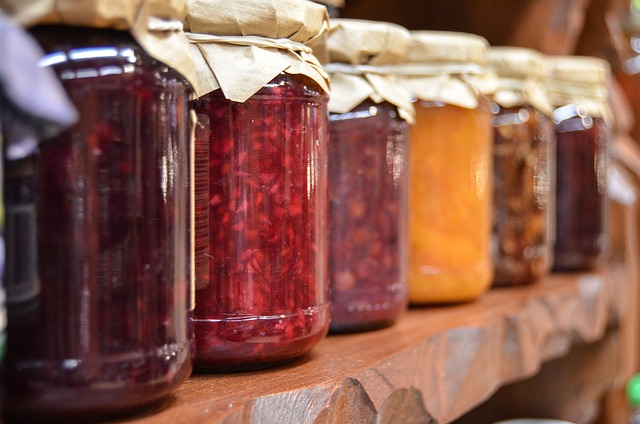Cultivating Good Bacteria: How Fermented Foods Benefit Your Gut
When we think of bacteria, we often think of germs that cause diseases and make us sick. However, not all bacteria are bad. In fact, our bodies are home to trillions of microorganisms, including bacteria, that help us maintain good health. In particular, the gut microbiome – the collection of microbes that live in our digestive tract – plays a crucial role in our overall well-being. And one way to promote a healthy gut microbiome is by consuming fermented foods that are rich in probiotics.
What are probiotics?
Probiotics are live bacteria and yeasts that are good for our health, especially the digestive system. They are often referred to as “good” or “friendly” bacteria because they help keep our gut healthy. Probiotics can be found in some foods and supplements, but one of the best sources is fermented foods.
What are fermented foods?
Fermented foods are foods that have been through a process of lactofermentation in which natural bacteria feed on the sugar and starch in the food, creating lactic acid. This process preserves the food, and creates beneficial enzymes, b-vitamins, Omega-3 fatty acids, and various strains of probiotics. Examples of fermented foods include:
- Yogurt
- Kefir
- Kombucha
- Sauerkraut
- Kimchi
- Miso
How do fermented foods benefit our gut?
Consuming fermented foods can have several benefits for our gut and overall health:
- Improved digestion: Probiotics help break down food in the gut, making it easier to digest. They also promote the growth of other beneficial bacteria in the gut, which can further aid digestion.
- Boosted immunity: Approximately 70% of our immune system is located in the gut. Probiotics help stimulate the production of antibodies, which can help fight off harmful pathogens and boost our immune system.
- Reduced inflammation: Chronic inflammation in the gut can lead to a range of health problems, including inflammatory bowel disease (IBD) and autoimmune disorders. Probiotics can reduce inflammation in the gut by balancing the levels of bacteria and promoting the production of anti-inflammatory compounds.
- Improved mental health: The gut is often referred to as the “second brain” because of the close connection between our digestive system and our nervous system. Probiotics can help improve our mood and reduce symptoms of depression and anxiety.
How to incorporate fermented foods into your diet
If you’re interested in adding more fermented foods to your diet, there are several easy ways to do so:
- Try a probiotic supplement: If you don’t like the taste of fermented foods, you can take a probiotic supplement instead. Look for a supplement that contains a variety of strains of beneficial bacteria.
- Start with small amounts: If you’re new to fermented foods, start with small amounts and gradually increase your intake. Consuming too much too quickly can cause digestive upset.
- Make your own fermented foods: If you enjoy cooking, you can try making your own fermented foods at home. There are plenty of recipes and resources available online to help you get started.
- Try different varieties: There are many different types of fermented foods to choose from, so try out a few and see which ones you like best.
The bottom line
Fermented foods are an excellent source of probiotics, which can have numerous benefits for our gut and overall health. By incorporating more fermented foods into our diet, we can improve our digestion, boost our immunity, reduce inflammation, and promote good mental health. So why not give it a try?







